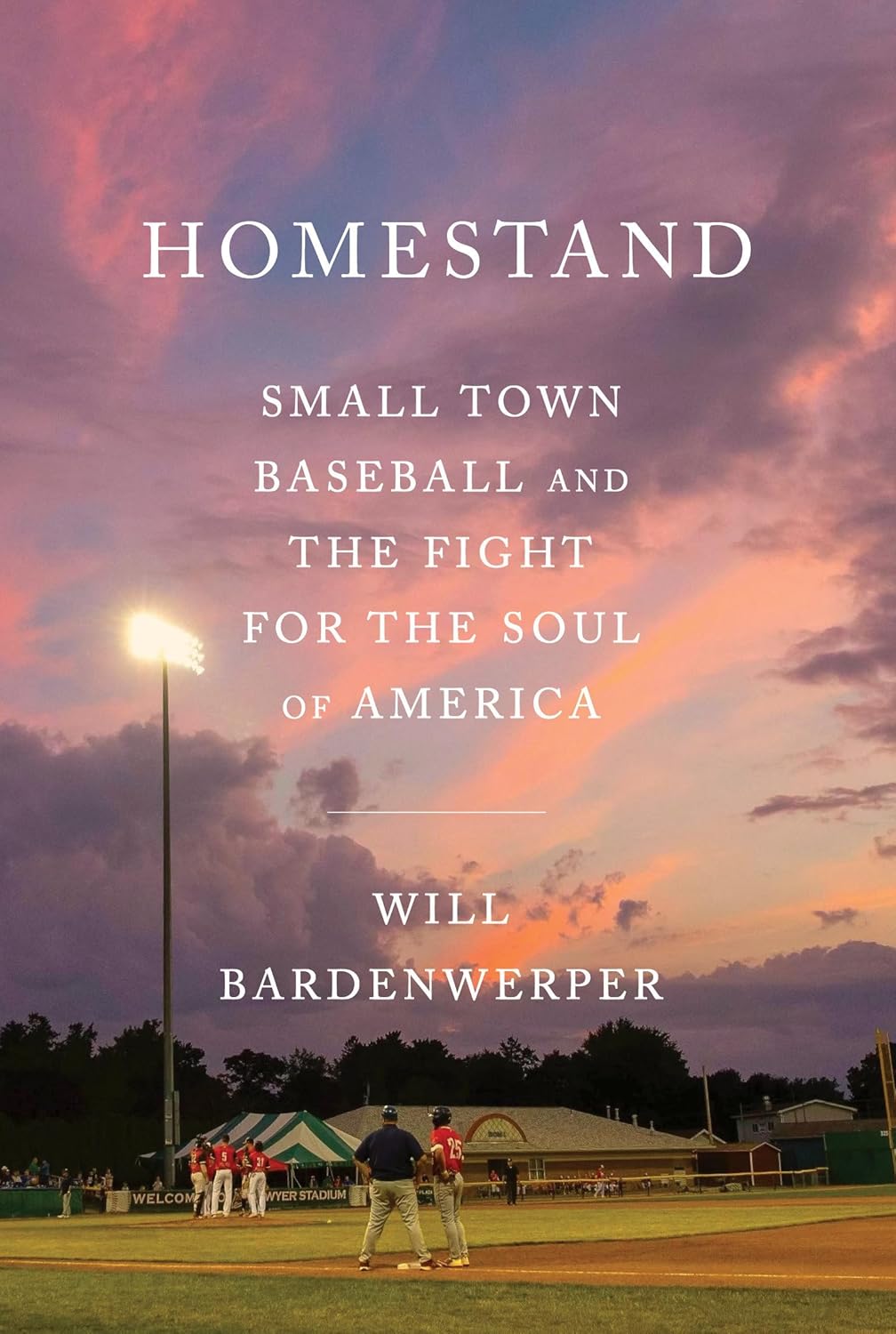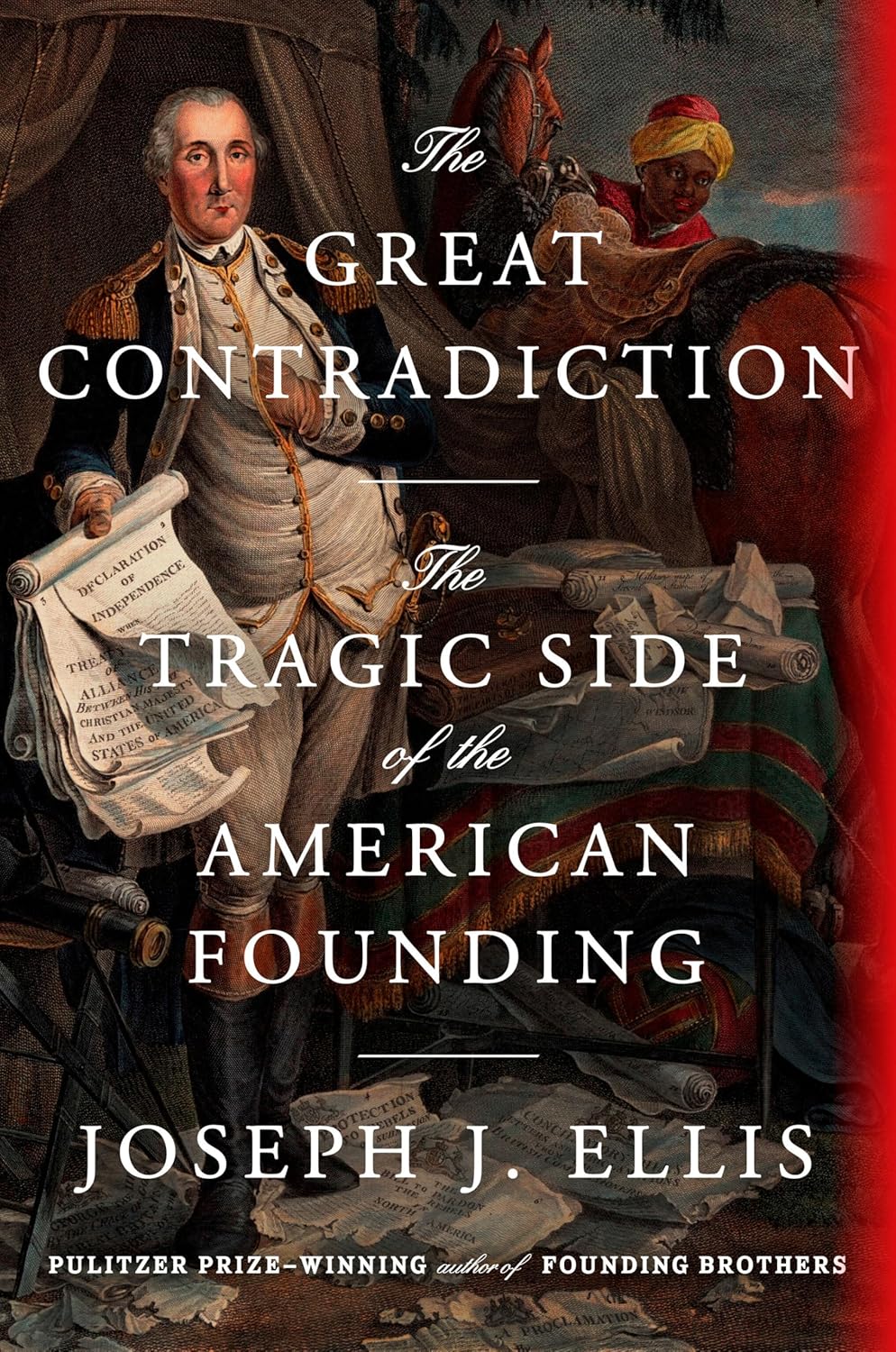Homestand: Small Town Baseball and the Fight for the Soul of America
- By Will Bardenwerper
- Doubleday
- 320 pp.
- Reviewed by Randy Cepuch
- March 28, 2025
The importance of root, root, rooting for the home team.

Major League Baseball means huge stadiums in big cities, traffic jams, $20 beers, perfectly manicured playing fields, and at least a few player names recognizable to even casual fans. Minor League Baseball means modest ballparks where you can often sit close enough to the field to hear players talk to each other, plus gimmicky contests and giveaways between innings.
A century ago, big-league teams set up relationships with the minors, creating a farm-club system. Among the notable benefits was that the link to a major city helped smaller towns feel more important.
For many communities, that came to a sad end a few years ago, when Major League Baseball decided to eliminate dozens of minor-league teams. Many people were ticked off, including author Will Bardenwerper, an Iraq War veteran already annoyed by the high cost of attending an MLB game in Pittsburgh, his hometown. He saw it as “another damning bit of evidence that the country was moving ever more briskly in the wrong direction.”
One team axed was the Batavia Muckdogs, named for the soggy farmland surrounding the city in western New York state halfway between Buffalo and Rochester.
Batavia’s team had never been a big deal anywhere other than Batavia. But there, games at Dwyer Stadium were a glue that held the community of about 15,000 together. The city council was happy to approve when a couple with team ownership experience proposed a new Batavia team using the old name but composed of college-level players and no longer affiliated with a big-league club.
Intrigued, Bardenwerper spent $99 to buy a Muckdogs 2022 season ticket (less than what one might spend to attend a single MLB game) and more or less moved from Pittsburgh to Batavia for the summer.
The result is Homestand, a home run of a book. Like Dan Barry’s wonderful Bottom of the 33rd: Hope, Redemption, and Baseball’s Longest Game (featuring another Upstate New York team: the AAA-level Rochester Red Wings, which ran the Muckdogs’ operation from 2008 to 2017), it blends game details with insights into larger stories about struggling communities and a changing world.
Bardenwerper’s play-by-play of the season’s ups and downs will likely be a hit with anyone who’s ever sung along with “Take Me Out to the Ballgame,” and his conversations with the team’s loyal fans, players, and staff show how sports can bond people together even if their politics don’t mesh. (Batavia is largely red, and the author is from a blue city.)
The experience confirms his distaste for Major League greed; more than once, he reminds readers that MLB’s savings for each shuttered minor team roughly equals a single major-league minimum salary ($700,000). Remarkably, the players on the new Muckdogs team actually pay to be there — $1,500 per season. They also share dorm rooms and travel by bus to away games.
Growing inequities between very big dogs and very small ones like the Muckdogs aren’t limited to baseball, of course. Bardenwerper offers interesting parallels with several other businesses — including newspapers, NASCAR, and even Hollywood. He quotes Ron Shelton, a former ballplayer and the screenwriter behind the classic baseball movie “Bull Durham” as saying, “One actor can now command $25 million while much of the rest of the crew can barely make a living wage.”
Nobody’s getting rich on baseball in Batavia, in financial terms. But many lives are richer, the author concludes, because it’s still possible to sit in the stands with friends and neighbors and watch a game unfold on a hot summer night, munching on popcorn sold by a local furniture maker and sipping beer from a nearby brewery:
“...the shared food, drink, and intimate conversations of those seemingly meaningless regular-season games of midsummer…made everyone’s life just a little bit better. Those ephemeral moments, so hard to capture, are the ones that satisfy the hunger we all have for acceptance and friendship, a hunger made more acute in a lonelier and more fractious America.”
Randy Cepuch is a member of the Independent’s board of directors and a frequent reviewer. He grew up about an hour’s drive from Batavia.
.png)
